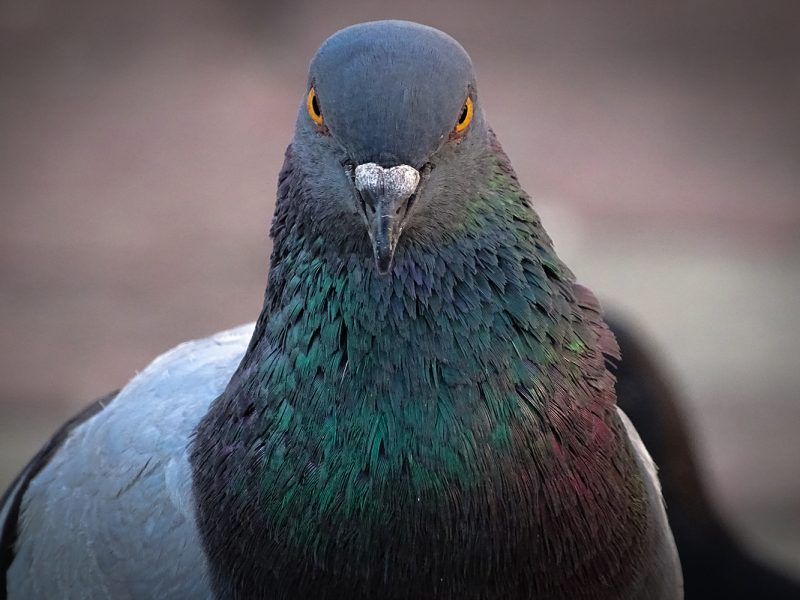Canadian Food Inspection Agency officials have detected highly pathogenic avian influenza at a pigeon farm in Chilliwack, one week after revoking the last primary control zone established to control the disease’s spread among commercial operations in the Fraser Valley last fall.
The detection was announced April 29, and came seven days after three primary control zones were revoked in Abbotsford.
Now, a new primary control zone has been established on Sumas Prairie straddling the Abbotsford-Chilliwack border. It lies in the heart of one revoked April 12 where 25 detections were logged between November 19 and January 22. This was the greatest concentration anywhere in the country, and underscored the threat the tightly-knit poultry sector in BC faces.
The detection January 22 was also the final detection of the winter wave in an outbreak that began April 13, 2022.
The new case comes as the spring migration sees birds return from warmer climes and new strains of the H5N1 virus behind the current outbreak.
“The virus was introduced to BC via wild birds during the northwards spring migration and we’re still seeing ongoing virus exchange between BC and the US along the Pacific flyway,” BC’s chief veterinary officer Dr. Theresa Burns told the BC Poultry Conference in March. “Looking forward, we’re expecting that we could see mutations coming from north or south from migrating wild birds.”
Steve Leech, food safety and animal health director with Chicken Farmers of Canada, drove home the message, noting that four migratory bird flyways cross North America, overlapping with each other.
“Our birds in North America are comingling with birds on the western side from Asia and on the eastern side from Europe, and this is helping to spread some of the viruses that we see,” he says. “Climate change has impacted this to the point where our North American birds are mingling longer with birds they wouldn’t normally have partied with before. They’re passing on those viruses and bringing them in.”
The BC Poultry Association continues to emphasize strong biosecurity measures as the best defence against infection.
The latest detection brings to 104 the number of premises affected since the current outbreak began last year. The disease has impacted 3.7 million birds in BC over the past year.


 Replant program revamped
Replant program revamped